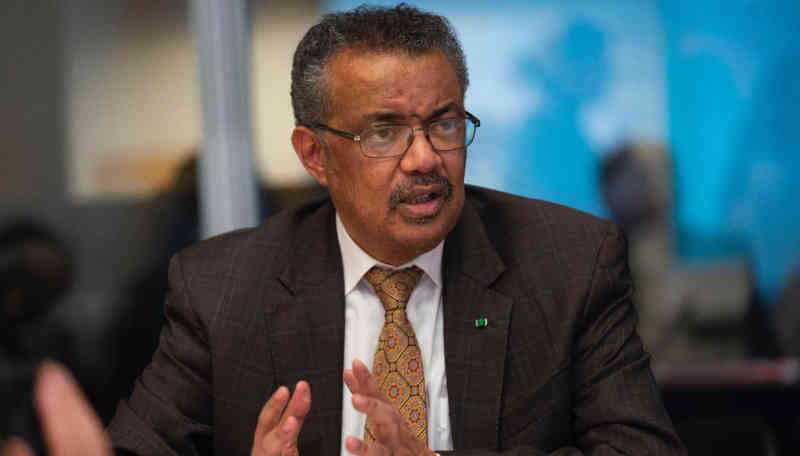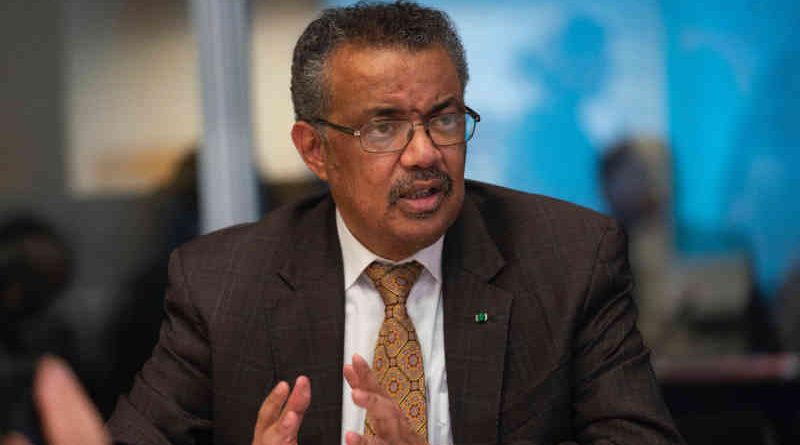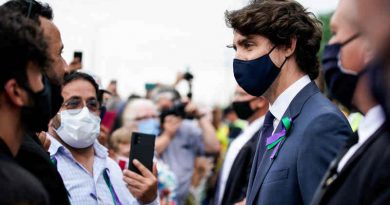New Global Report on Maintaining Services During Covid-19 Pandemic

The goal was to ensure that during the response to Covid-19, actions would be taken to mitigate indirect effects on MNCAAH due to disruptions to service provision and use.
Since May 2020, WHO says it has supported 19 countries to raise the profile of and commitment to maternal, newborn, child and adolescent health and ageing (MNCAAH) through an Initiative on mitigating the indirect impacts of Covid-19 on MNCAAH services. The goal was to ensure that during the response to Covid-19, actions would be taken to mitigate indirect effects on MNCAAH due to disruptions to service provision and use.
The Initiative brought together teams across headquarters, regional and country office teams of WHO to support 19 countries in five WHO Regions. The countries engaged in the Initiative were Bangladesh, Bolivia (Plurinational State), Brazil, Cameroon, Democratic Republic of the Congo, Ethiopia, India, Kazakhstan, Myanmar, Nepal, Nigeria, Pakistan, Romania, South Africa, Sudan, Tajikistan, Timor-Leste, Uganda and Yemen.
To strengthen country level governance and coordination, regional and country teams worked to engage, and in some cases establish and engage, national MNCAAH Technical Working Groups (TWGs). These groups were usually led by the Ministry of Health and often included other government representatives and other national implementing partners.
Their goal was to work in close collaboration with national Covid-19 response structures and discuss MNCAAH particular needs during the pandemic. The WHO team supported country teams to collect, synthesize and analyze information on mitigation strategies; collect, analyze and use data for decision-making; and facilitated policy dialogues and decision-making at the country level.
A recently published report covers findings from Phase I of the Initiative, from May 2020 to February 2021. Section A of the report presents a synthesis of information across the 19 countries, including key mitigation strategies and lessons learned. Section B includes more detailed individual country information, drawn directly from country TWG and national consultant reports, country health information management system (HMIS) data, research publications and surveys that describe the impact of Covid-19 on MNCAAH services.
On 2 November 2021, the Initiative hosted a global learning event to share specific countries’ experiences and lessons learned from implementation and discuss strategies to strengthen health systems for rapid response to emergencies and building back better. A recording of this event is available.
A Scoping review of interventions to maintain essential services for maternal, newborn, child and adolescent health and older people during disruptive events was also published as part of the Initiative. This review of published and grey literature aims to identify interventions implemented to maintain the provision and use of essential services for MNCAAH during disruptive events and to summarize lessons learned during these interventions, so that countries can learn from past events.
Phase II of the Initiative is underway and builds on achievements and lessons from the first phase and focuses on priority strategies or innovations identified by countries for in-depth documentation and integration into routine service delivery and emergency response plans.
Phase II includes 15 countries in all six of the WHO Regions, adding Cambodia and the Western Pacific Region to complete the following list of Phase II countries: Bangladesh, Brazil, Cambodia, Cameroon, Democratic Republic of the Congo, Ethiopia, Nepal, Nigeria, Pakistan, Romania, Sudan, Tajikistan, Timor-Leste, Uganda and Yemen.
WHO continues to support countries in building back better and resilient health systems and ensure the needs of MNCAAH are at the core of public health services and integrated into future emergency preparedness and response plans of countries.





